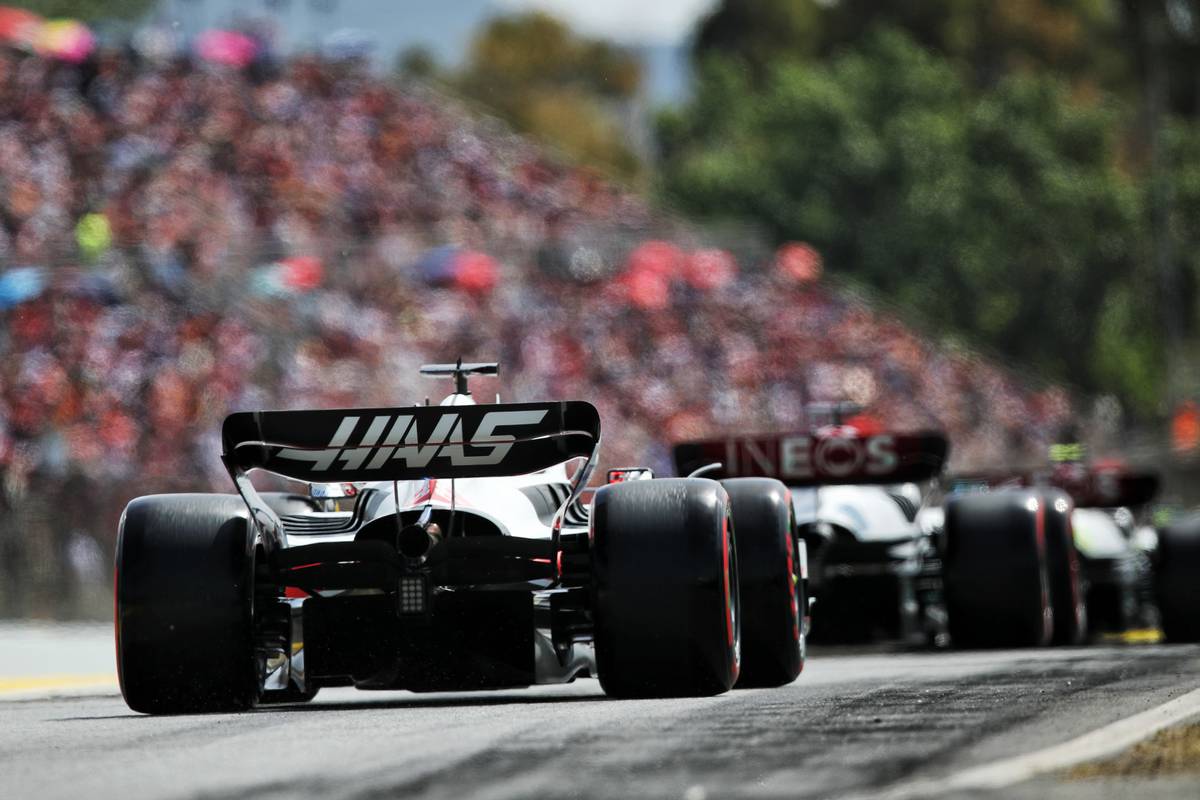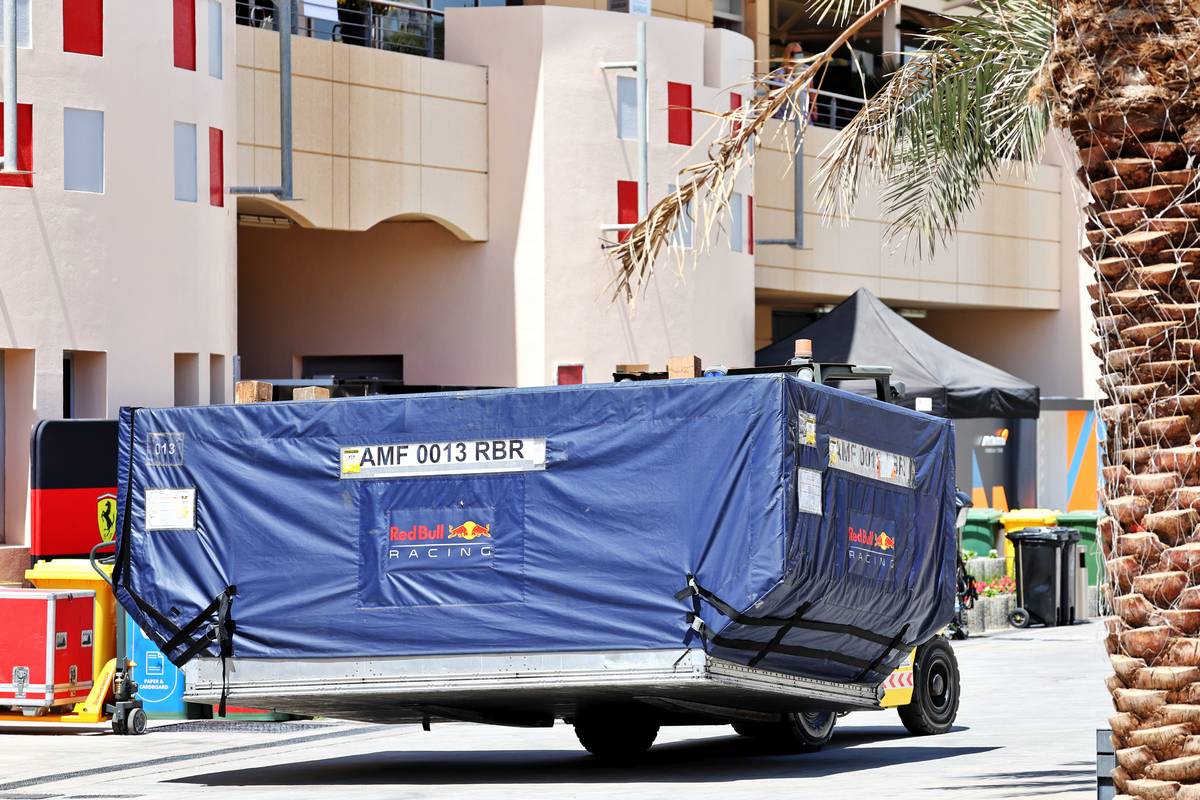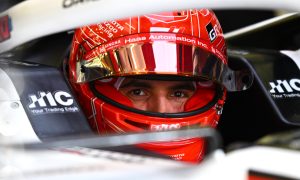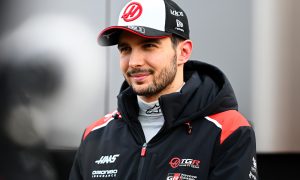
Haas team boss Guenther Steiner says all F1 teams must make this year's budget cap work amid the big outfit's demand for an increase of the cost threshold.
Rampant inflation, higher energy prices and freight costs generated by the global pandemic and the war in Ukraine are weighing on F1's teams and increasing expenditures beyond what many outfits had projected.
The problem is especially impacting F1's bigger teams as they run closer to the sport's $140 million cost threshold than their midfield and smaller rivals.
Red Bull, Ferrari, Mercedes and McLaren have openly stated that their expenditures are so tight that an overrun is almost inevitable unless an extra allowance is awarded by the FIA.
Red Bull team boss Christian Horner stated that the situation could lead to some teams unable to field their cars in the final rounds of the 2022 season.
But Steiner argues that the current cap has tightened the spread between F1's competitors and helped produce better racing, and therefore it should absolutely be maintained.

"It's mixing it up, I think as I always said short-term nothing will change but mid to long-term I think it will get even closer together," said the Haas team principal.
"But therefore, we shouldn't now change the budget cap and up it because this is actually good for the racing in the midfield now.
"You never know who is best of the rest. And I think if we continue with the budget cap, and with the rules it will get even closer together to the big guys.
"I mean, we all have to make it. I don't have a job if I tell my boss I don't make it to the end of the season. That's my job.
"We need to do, because if you don't finish the season, the next year you don't get any money."
One solution with which Steiner could live with is a temporary and limited allowance, as recommended by Mercedes and McLaren, that would cover this year's increase in transport and freight costs.
Such a plan would cover the big team's additional logistics and transport costs while ensuring that no funds go to additional development.

"We just take the transport cost, I would say it costs three million more this year than last year, up the cost cap maybe three million on the transport costs, because that's also easy to police because everything is done by FOM," Steiner explained.
"So you cannot say 'Oh, I spent more' because FOM sends you the bill. Everything is very transparent.
"And then say next year, if the transport cost comes down again, it's a kilo price. It's very easy to monitor and to control. Okay, it's down again, we take that three million away."
Keep up to date with all the F1 news via Facebook and Twitter






